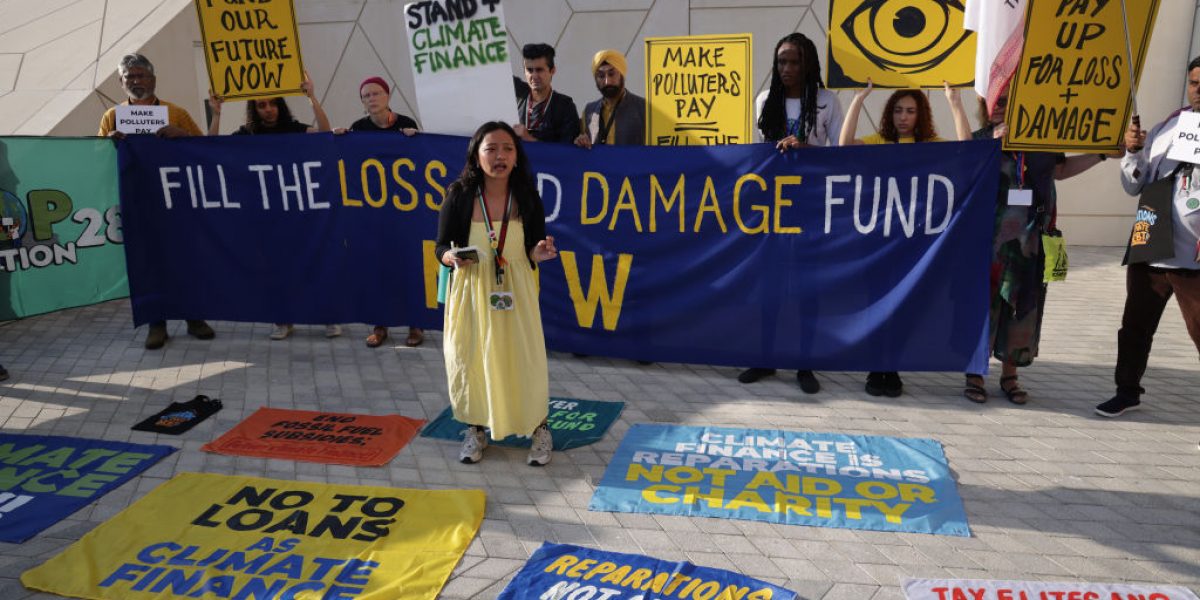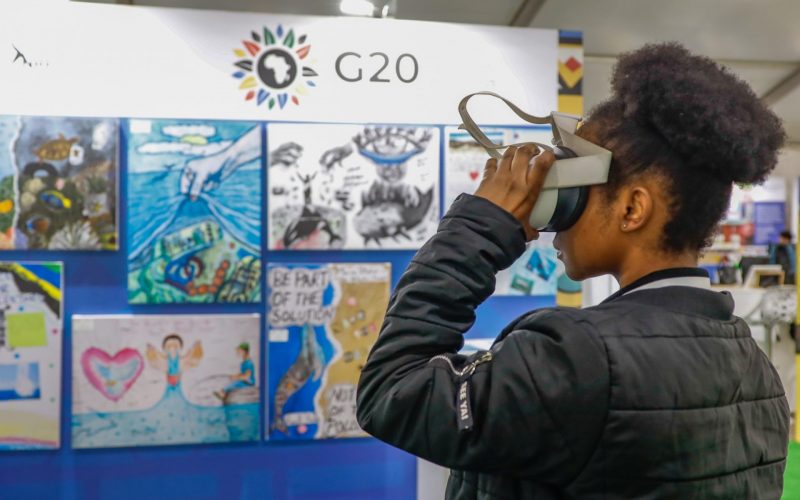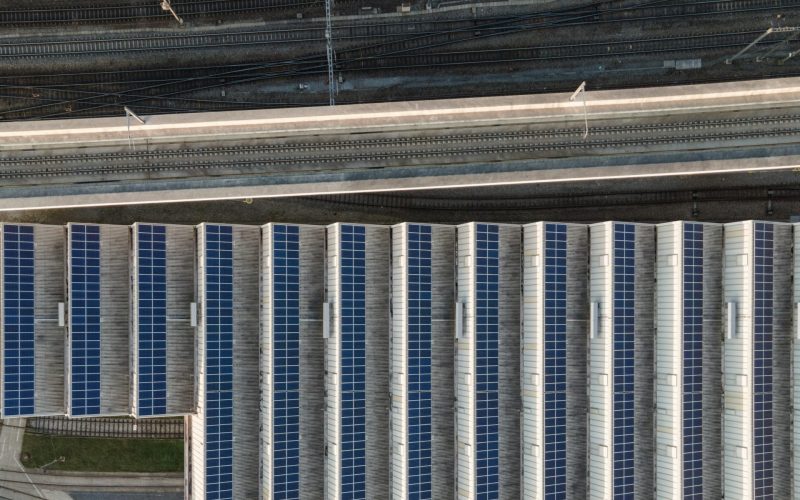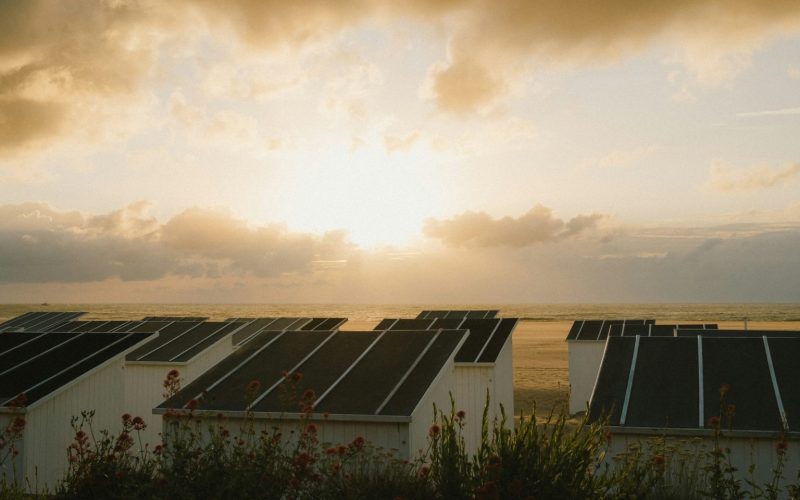With almost 100,000 participants, COP28 is by far the largest in the ongoing series of global negotiations convened by the United Nations Framework Convention on Climate Change.
In the capacious, sleek, air-conditioned halls of Dubai’s Expo City, climate negotiators continue to wrangle about what their countries are willing to do to reduce greenhouse gas emissions and how much financing and other assistance they are willing to provide to developing countries.
The less-developed regions of the world, including Africa, have contributed least to the climate crisis, but they are the most vulnerable to its impacts – the catastrophic floods in East Africa and in Tanzania last week are a reminder of what is at stake.
“The clock is ticking…unfulfilled commitments erode solidarity and trust, and have detrimental and costly consequences for developing countries …we must act now.” Tanzanian President Samia Suluhu Hassan’s speech on 1 December at COP28 echoed the sense of urgency and frustration heard from many global leaders, especially from poorer countries.
Later in the negotiations, the UN climate chief, Simon Stiell, would plead with delegates: “We need highest ambition, not point scoring or lowest common denominator politics.” By that time, President Suluhu had left Dubai, cutting her trip short to deal with the devastation caused by floods in her home country.
Over the weekend of 1–3 December in Tanzania, at least 65 people were killed and more than a hundred injured owing to flooding and associated landslides. Bridges, roads and other public infrastructure, as well as swathes of crops, have been destroyed.
Floods have caused similar damage in other East African countries, including Kenya, Somalia and Ethiopia, with more than 300 deaths reported across the region.
While the cyclical El Niño weather phenomenon has undoubtedly contributed to the flooding, climate change is also playing a role. The Intergovernmental Panel on Climate Change (IPCC), a UN body tasked with synthesising the latest science on climate change, has long warned that climate change will cause more severe droughts and flooding.
The flooding in East Africa follows an intense drought, the worst in 40 years. In 2022, the World Food Programme warned that about 23 million people across East Africa were severely food insecure, with almost a million children suffering from malnutrition and a further million displaced in the search for food, water and work.
The situation in East Africa underscores both the urgency and the complexity of addressing climate change. In the first days of COP28, several developed countries committed funding to the newly established Loss and Damage Fund, which has been set up to help developing countries deal with the damage caused by climate-induced disasters.
Yet the funding that has thus far been committed is only about $700-million, with the United States, the world’s largest economy, committing less than a fifth of what Germany has pledged. While progress on the Loss and Damage Fund has been celebrated as an early success at COP28, the committed funding is dwarfed by the need.
In 2019, a single cyclone caused more than $2-billion in loss and damage to homes, infrastructure and crops in just three southern African countries. In the face of mounting climate-related loss and damage, how can funding be scaled – and how will countries manage the complex process of deciding which countries can draw from the fund, how much they can claim for a specific disaster and how to ensure equity and avoid depleting the fund?
While the recent progress on the Loss and Damage Fund has been deservedly celebrated, there is a great deal that still needs to be negotiated on this issue.
Loss and damage has been referred to as the third pillar of climate change policy along with the other two core pillars, mitigation and adaptation. Traditionally, negotiations (and climate financing) have focused on mitigation – essentially, the question of how climate change can be minimised by reducing greenhouse gas emissions.
Yet climate change is already impacting on lives and economies, and these impacts will accelerate in the future. This is why Africa and other developing regions insist that mitigation action must be matched with a focus on adaptation, that is, efforts to enhance resilience and reduce the impact of climate change that does occur.
Loss and damage, as the third pillar, addresses the harm caused by climate change despite mitigation and adaptation efforts.
On the adaptation agenda, COP28 will in the coming days seek to put flesh on the bones of the Global Goal on Adaptation, a concept agreed to in the 2015 Paris Agreement, but that has to date lacked specific targets and modalities for implementation.
Mitigation efforts have the benefit of a simple and measurable indicator – greenhouse gas emissions avoided or captured. Adaptation is far more difficult to quantify and assign value to, although progress is being made, including the work of the Adaptation Committee under the UN Framework Convention on Climate Change and the Glasgow-Sharm el-Sheikh work programme on the global goal on adaptation, established at COP26 in Glasgow in 2021.
The extent to which COP28 can deliver on the global goal on adaptation will play an important part in the success of the conference and in re-establishing some of the confidence of developing countries in UN-mediated climate negotiations.
As negotiations continue, Africa is insisting on decisive action. Armed with a new regional climate strategy and the outcomes of the first Africa Climate Summit, the region is insisting not only on increased and more accessible climate finance, but also on broader systemic change to the international financial system to support climate resilient development on the continent.
In his speech at COP28, Kenyan President William Ruto also drew attention to the linkages between the global climate negotiations and the devastation caused by droughts and floods in East Africa, emphasising that climate change is not a distant threat. “It is here, now, indiscriminately devastating nations regardless of their size or wealth, thereby reshaping our world in profound, unprecedented and highly complicated ways.”








